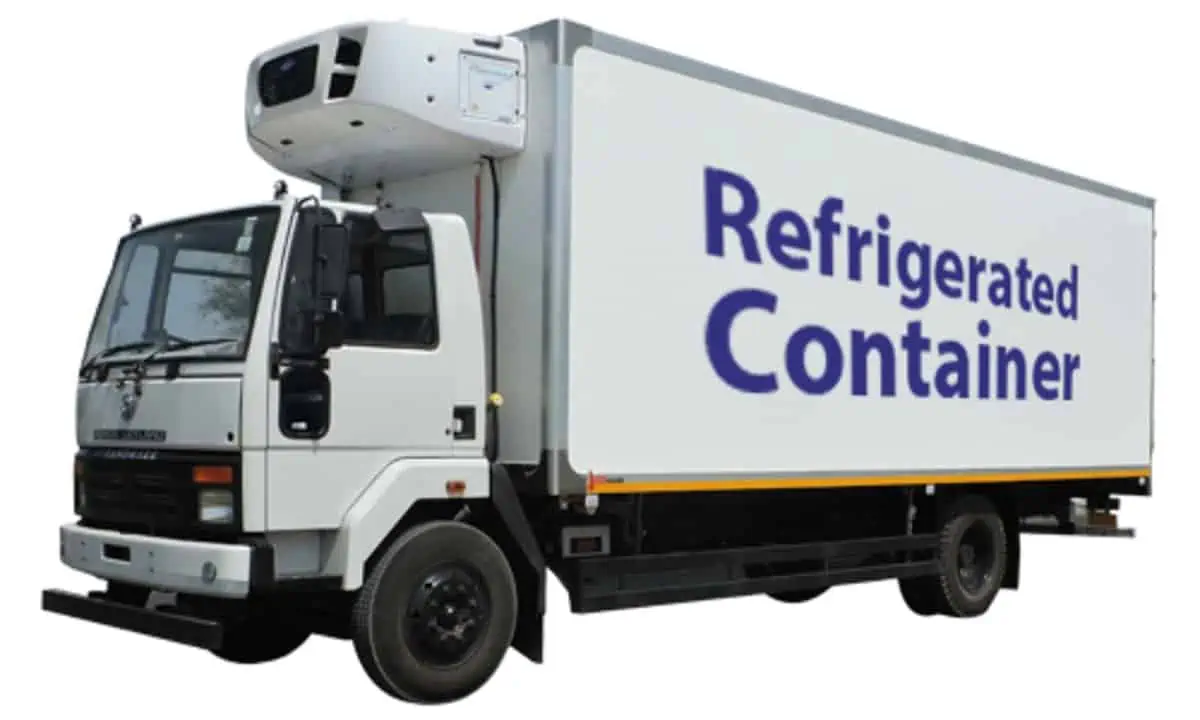Refrigerated transport is a vital component of global supply chains. It allows businesses to distribute their products at the right temperature as they make their way through the world’s supply chain.
It also allows you to keep your product fresher for longer, resulting in fewer product returns and more satisfied customers.
To further support how refrigerated transport is so valuable in a global supply chain, below are several more reasons:
1. It’s Offering Unprecedented High-Speed Transport Worldwide
In a global supply chain, two factors are constantly changing: the need to meet tight deadlines and the need to keep up with the competition. Refrigerated transport can help you meet these needs by allowing you to move goods quickly and efficiently.
Refrigerated transport allows you to reduce time-to-market for your new products as you can distribute them as soon as you produce them. Consequently, you can minimize inventory costs and capital expenditure (CAPEX) since you won’t need storage for products. It means that you have less working capital tied up in production and storage and the ability to react faster if there’s a change in market demand or competitor activity.
If you are in Australia, getting a fast refrigerated transport service that ships across Australia is a must for your business productivity. You can scour through your options or visit this website for more details on refrigerated transport services.
2. It’s Helping The Pharmaceutical Industry Thrive
To maintain the integrity of their products, pharmaceutical companies rely on refrigerated transport. Their supply chain can be a complex process. For example, pharmaceutical companies may have to ship refrigerated products from one facility to another at various points in the supply chain.
It’s essential to keep their products in a temperature-controlled environment from origin to destination through warehousing and distribution centers for safety consumption or usage.
In addition to protecting their products from temperature fluctuations, transportation companies must ensure that their trucks are clean and free of contaminants to maintain the cargo’s integrity during transit.
All vehicles used for transporting cargo such as vaccines or other medications are subjected to rigorous safety standards set by global organizations like the International Federation of Pharmaceutical Manufacturers & Associations (IFPMA). Refrigerated transport adheres to all these standards, which has seen rapid growth in the pharmaceutical and life sciences industries.
3. It’s Expanding The Market For Businesses
Refrigerated transport is a cost-effective solution to accessing new markets. By shipping your goods in refrigerated trucks, you may expand your reach without the risk of spoilage or loss of time associated with traditional shipping methods. Hence, you can reduce waste and save money.
Refrigerated transport may also cost lower than standard shipping methods (depending on your cargo). It allows you to save money on transportation as you reach your desired market at an optimal price point for yourself and your customer.
By using this method, businesses can focus on the growth and development of their company’s products and services—all while keeping them fresh for customers along the way!
4. Helps Companies Adhere To Regulations
As you know, it is essential to comply with regulations when transporting food products. In the United States, for example, the Food Safety Modernization Act of 2011 requires that all foods transported in interstate commerce be transported under refrigeration or frozen conditions.
Companies must also conform to standards such as Hazard Analysis and Critical Control Points (HACCP) certification requirements. These regulations are standard worldwide, so it’s crucial to understand how refrigerated transport can help you meet these requirements while reducing costs and improving efficiency.
5. Makes It Possible To Meet The Rising Demand For Fresh Perishable Goods.
The supply chain can now enjoy more safety and reliability, helping it meet the rising demand for fresh and perishable goods worldwide, thanks to refrigerated transport. This transport industry has seen several advances in the past decade due to continued investments in technology. It has led to increased safety and the ability to transport perishable goods over long distances.
The world is getting smaller, and commerce knows no boundaries. As a result, companies are finding that they need to respond quickly to global shifts in demand, especially in their supply chains. And so, many companies have changed their supply chain to be more agile and responsive.
With markets becoming more interested than ever and goods such as fruits and vegetables continuing to degrade quickly after harvesting due to their temperature sensitivity, it becomes integral to ship them in refrigerated transport. Rapid refrigeration after harvesting throughout the entire supply chain has changed the nature and geographical limitations of markets and, most certainly, how businesses meet this demand worldwide.
Conclusion
In a nutshell, rapid transport infrastructure is changing how freight moves. And that means companies need to be flexible and ready to get their products where they need to go as quickly as possible.
Refrigerated transportation is a significant component of this system, and the use of this technology has been growing immensely. Whether or not it will continue to grow remains uncertain, but one thing is for sure: the world will only become more connected in the future, which will likely mean even more rapid transport needs (and demands for refrigerated transport in particular).

